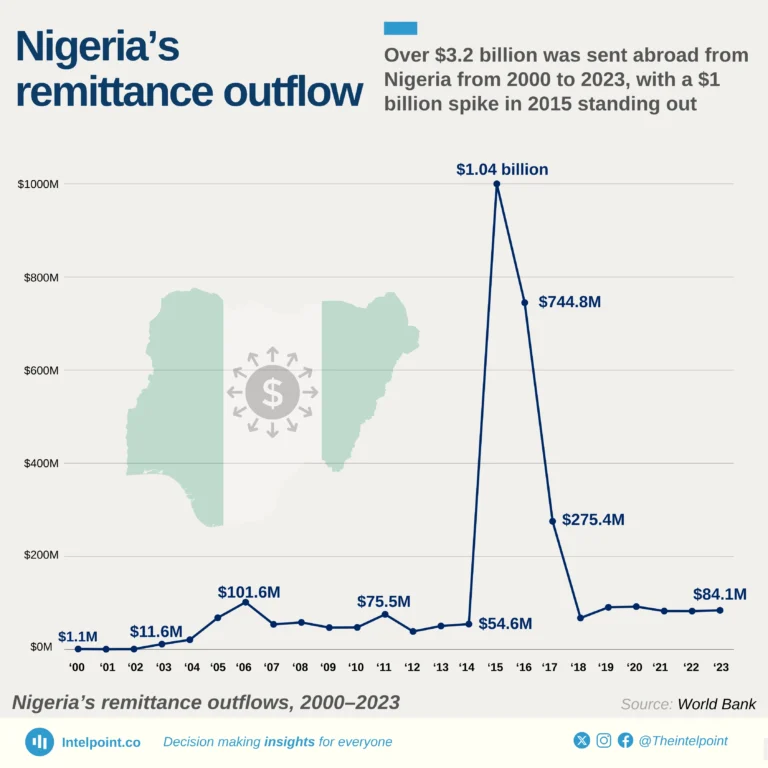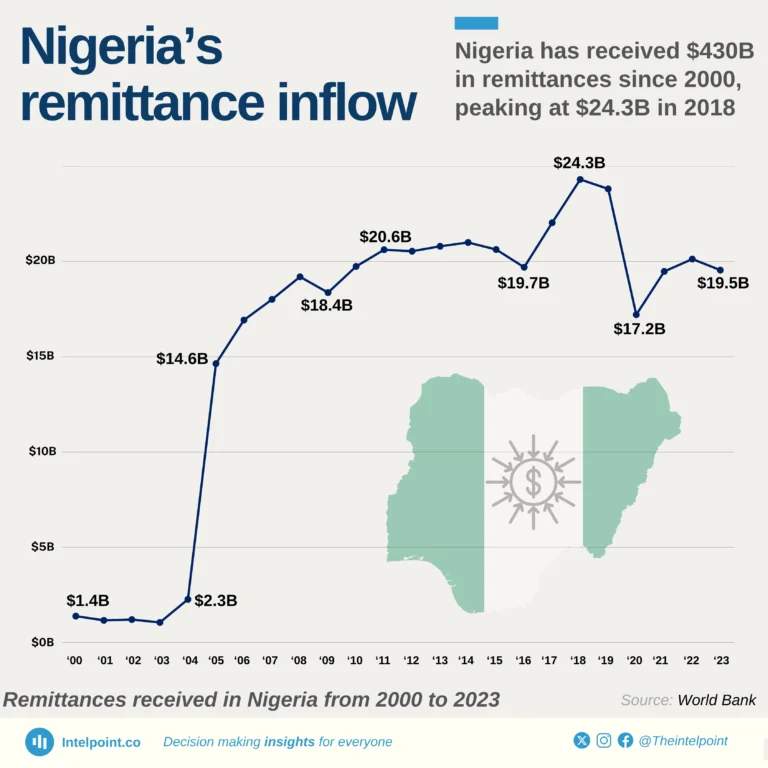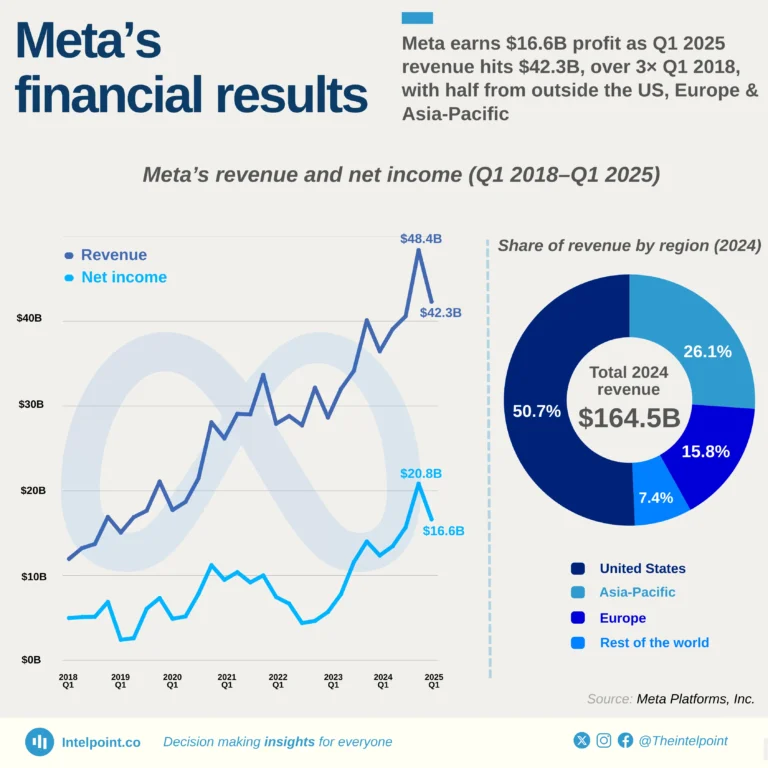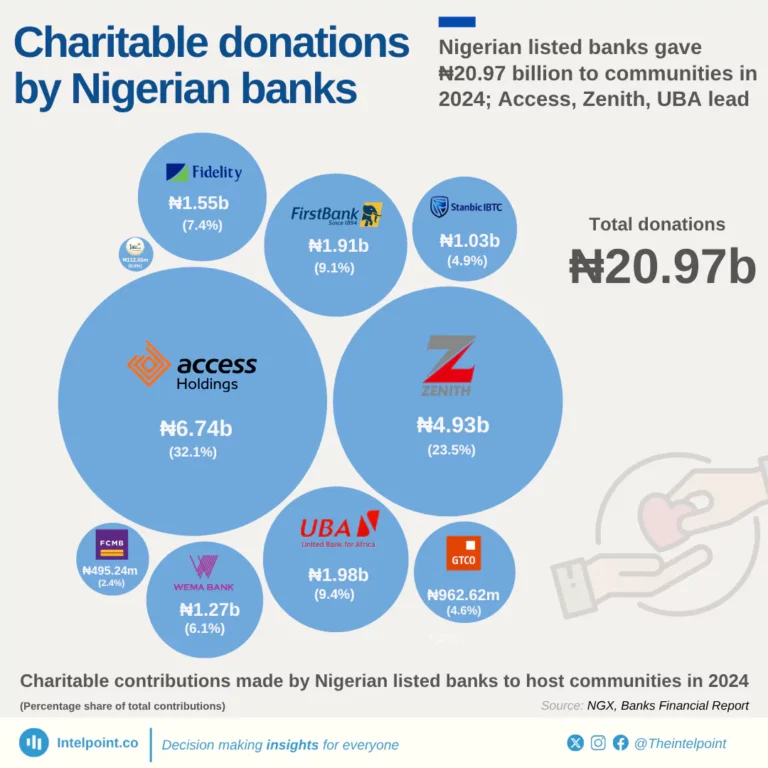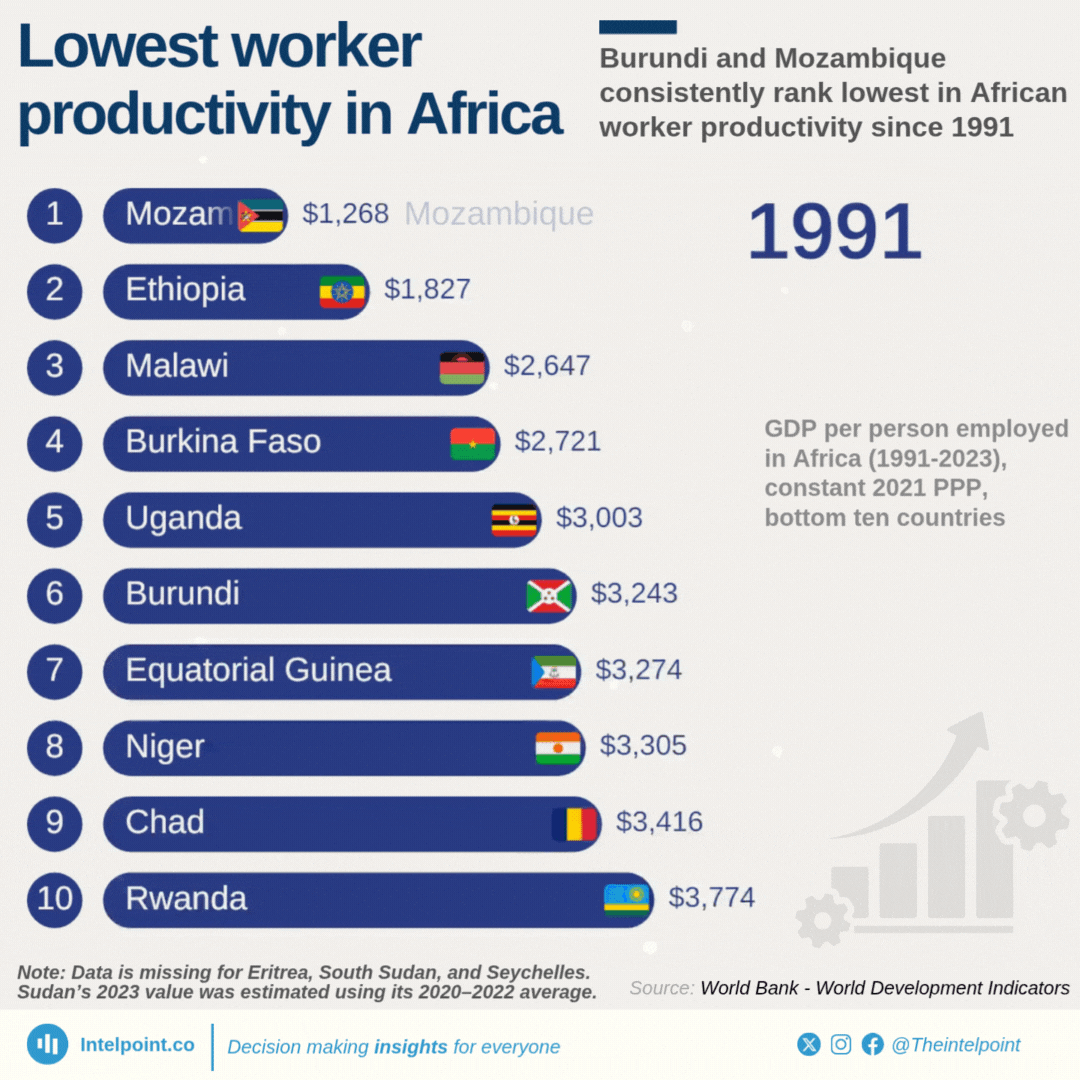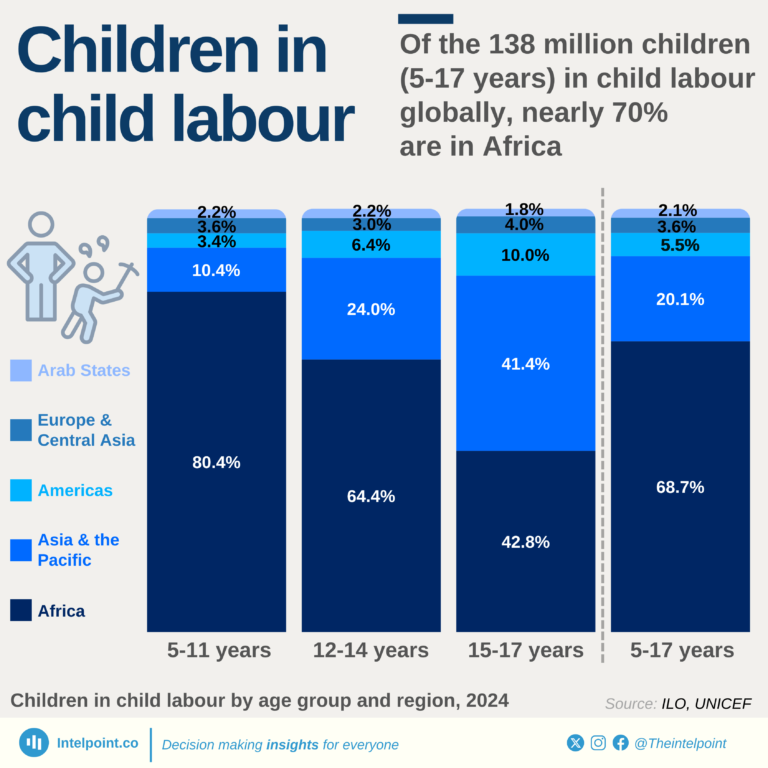
Participation in Nigeria’s National Open Apprenticeship Scheme has dropped by over 50% since 2021, with male and female enrolments declining significantly; over the years, there have been more female participants. The declining participation rates raise questions about awareness, funding, and programme efficiency.
For many Nigerian youths, apprenticeship programmes are a gateway to self-reliance and stable income. The National Open Apprenticeship Scheme is a National Directorate of Employment (NDE) programme that upskills unskilled and unemployed people and equips them with relevant demand-driven skills.

The Report of Internally Displaced Persons in Nigeria 2023, published by the Nigeria Bureau of Statistics this week, shows that over one million IDPs live in camps in Adamawa, Benue, Borno, Katsina, Nasarawa, Sokoto, and Yobe.
Borno State accounts for the highest number of IDPs in Nigeria, with 77.3% of IDPs surveyed living in the state's 221 camps. The state has faced insecurity from Boko Haram, with 99.9% of IDPs citing the insurgency as the reason for their displacement.

Across IDP camps surveyed by the National Bureau of Statistics (NBS), the share of people displaced from their homes for four years or more ranges from 27% in Katsina to 92.5% in Nasarawa.
Most IDPs across the surveyed states have been displaced for at least four years, with only Sokoto and Katsina recording fewer than 50%. This reflects how long insecurity has persisted and the difficulties displaced persons face in returning home.

When streaming giant Netflix expanded its footprint to 130 countries in 2016, Nigeria was among the markets it entered. The company began by acquiring local content from producers and soon transitioned into creating original productions, investing $23.6m by 2022.
These original productions have achieved significant milestones. Titles like The Black Book and Jagun Jagun reached the global top ten for English and non-English films, respectively, within a week of their release.
In 2024 alone, Netflix has revised its monthly subscription fees twice. The Premium plan now costs ₦7,000, up from ₦4,400 at the beginning of the year, while the cheapest option—the mobile plan—has increased from ₦1,200 to ₦2,200.

Only 30.2% of the Nigerian population report having a birth certificate, and there are wide disparities on a zonal level. The North East has the country's lowest rate at 19.7%, compared with the 53.5% in the South West.
Overall, Northern zones fall below the national rate, while the Southern regions outperform the national rate.

The University of Ibadan remained Nigeria's only university for twelve years before the University of Nigeria, Nsukka, was established in 1960. Eleven universities followed between 1962 and 1975, increasing the number to 13 federal government-owned universities.
The first state university was established in Rivers State in 1979, marking the beginning of the displacement of the federal government's ownership monopoly. Six state and nine federal universities were added in the 1980s, with four federal universities added in 1988, the year of the first Academic Staff Union of Universities (ASUU) strike.
While state-owned universities have grown steadily, slightly outpacing those owned by the federal government, private universities have displaced both, increasing from three institutions in 1999 to 33 in 2007, 60 in 2015, and 149 in 2024. There are now more private universities than federal and state universities combined.
